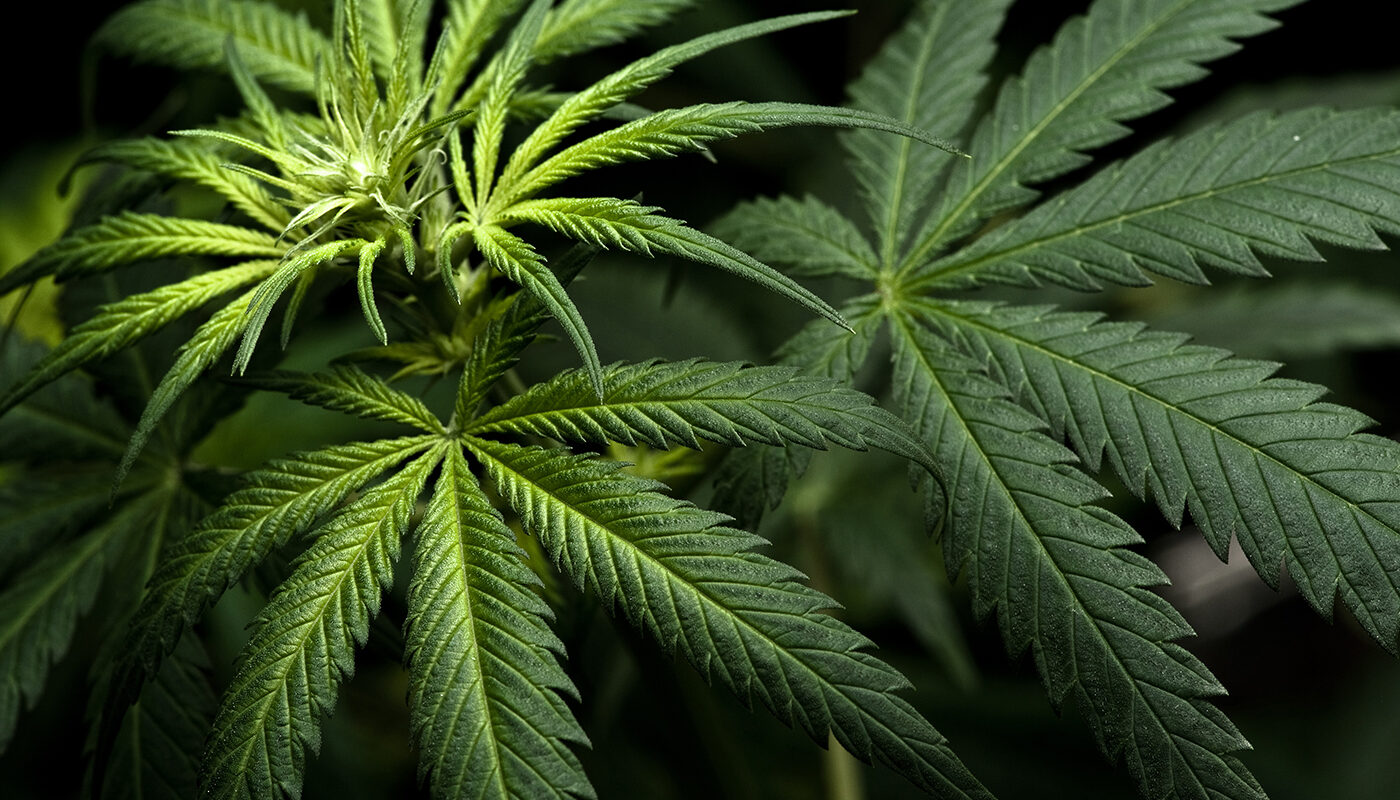The U.S. Food and Drug Administration (FDA) has released documents stating that marijuana should be reclassified as a less dangerous drug and that it has less potential for abuse compared to other controlled substances. This significant conclusion is backed by evidence supporting the medical use of marijuana.
Currently, marijuana is categorized as a Schedule I controlled substance, which includes high-risk drugs like heroin and LSD. However, in 2022, President Joe Biden initiated a review of marijuana’s federal scheduling, urging the U.S. Health and Human Services (HHS) Secretary Xavier Becerra and the attorney general to reconsider its classification.
As part of this process, HHS Assistant Secretary for Health Adm. Rachel Levine wrote a letter to the Drug Enforcement Administration (DEA) in August, advocating for the reclassification of marijuana to a Schedule III drug. Schedule III substances, such as ketamine, testosterone, and Tylenol with codeine, have less restrictions compared to Schedule I drugs.
According to the FDA documents, the agency recommends reclassifying marijuana based on three criteria. First, marijuana exhibits a lower potential for abuse compared to other Schedule I and II substances. Second, there is evidence supporting its medical use. Finally, marijuana poses a low or moderate risk of physical dependence in those who abuse it. The National Institute on Drug Abuse also supports this recommendation.
Despite widespread recreational use, marijuana does not seem to have the same severe outcomes as heroin, oxycodone, and cocaine. This is worth noting considering the availability of marijuana products with high THC levels, the psychoactive compound in cannabis.
Moreover, the data provides scientific support for the therapeutic uses of marijuana in anorexia, pain management, and relief from chemotherapy-induced nausea and vomiting.
The researchers also found that marijuana withdrawal is primarily reported in heavy, chronic users. However, the withdrawal symptoms associated with marijuana are relatively mild compared to those of alcohol, which can include agitation, paranoia, seizures, and even death.
If the FDA adopts the recommendations of its researchers, rescheduling marijuana could lead to increased research opportunities. Furthermore, cannabis businesses would have more freedom in banking, and they would no longer be subject to outdated tax regulations that prevent credits and deductions from income generated by the sales of Schedule I and II substances.
To implement any changes to marijuana’s scheduling, the DEA will have the final authority. The process will involve a period of public comment before any decisions are made.
Currently, 24 states, two territories, and Washington, D.C. have legalized marijuana for adult recreational use, while 38 states allow for medical use, according to data from the National Conference of State Legislatures.


